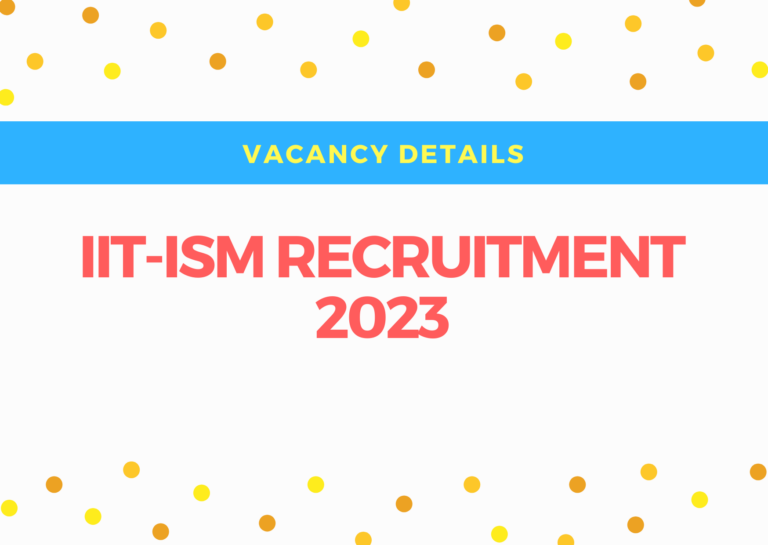An occupation in urban planning can be ideal for you if you are passionate about improving the quality of life in cities and neighborhoods. It’s crucial to understand what it entails before diving in to decide whether this is the career you ought to follow. To learn more about urban planning and how to become one, read on:
What Is an Urban Planner?
The physical shape of our cities and towns is largely determined by the work of urban planners. They collaborate closely with local officials and other interested parties to establish issues, forecast needs, collect information, and investigate potential solutions. They aid in making cities secure and exciting places to live by developing comprehensive plans for their development. Ideas for new parks, libraries, neighborhoods, and utilities upgrades are common components of such schemes.
How to Start a Career in Urban Planning
Education Requirements
The first step for how to become an urban planner is gaining the necessary education. Different degrees may be required depending on the type of job you are looking for. Generally speaking, most employers will require a bachelor’s degree in urban planning or a related field such as geography, architecture, civil engineering, or public policy. Additionally, some employers may require applicants with a master’s degree or higher qualifications to be considered for certain positions. It is essential to research any potential employer’s requirements before applying for jobs so that you can tailor your educational experience accordingly.
Get Certified
A certificate may not be essential to land a job, yet it can make you even more appealing and stand out in the eyes of employers. This will showcase your expertise and dedication to delivering top-notch urban planning services. Many certification programs are available, but the most commonly recognized ones are from the American Institute of Certified Planners and the Planning Accreditation Board.
Gain Experience
Before landing a job, you need hands-on experience demonstrating your skills and knowledge. Internships and volunteer work are great ways to gain experience in the field. You can find internships with local agencies or organizations, such as a city planning department or a nonprofit housing organization. Volunteering with a local community group or neighborhood association also is an excellent way to learn about urban planning and connect with people in the field.
Join a Professional Organization
Joining a professional organization for urban planners can give you access to incredible resources from industry experts, and it also provides an invaluable opportunity to network and be involved with the latest trends and advancements relating to urban planning. By participating in webinars, workshops, or conferences these organizations host, you’ll gain valuable knowledge to help you succeed.
Network
Networking is another essential part of launching your career in urban planning. Forming relationships with other professionals in the field can open up opportunities and help you learn more about the profession. Start by attending professional meetups, conferences, and workshops related to urban planning. You can also reach out to people in your network who can offer advice or introduce you to other professionals. Remember that just about anyone could be a valuable connection. From local political representatives to architects to community activists, each of these people can provide unique insight and knowledge that can help you succeed in urban planning.
Build Your Skill Set
In addition to having an appropriate educational background for the job, several other skills are necessary for success as an urban planner. These include problem-solving, data analysis, written and verbal communication, project management, research, and computer literacy skills. These various skill sets will enable you to effectively work with government agencies and community organizations while managing projects like land-use development plans or environmental impact assessments.
Skills like these can be developed through courses taken during your undergraduate or graduate degree programs or through independent study such as online courses or workshops offered by professional organizations.
Look for Job Opportunities
Once you have all your qualifications, degree, experience, and skill set, it’s time to start looking for job opportunities. Check out job boards like Indeed or Glassdoor for postings specific to your area of expertise, and attend networking events held by local organizations dedicated to city planning. Reach out directly to employers whose work interests you or connect with professionals already working via LinkedIn Groups or other online forums. The key is being proactive. Don’t sit back and wait for something good to come your way.
Becoming an urban planner requires dedication and hard work, but it can also be incredibly rewarding if you commit yourself fully to achieving your goal. With the proper training and experience under your belt, plus the right mix of technical knowledge and soft skills, you can become an invaluable asset both within the profession and within communities across the world, where your expertise can help shape positive change long into the future.
SOURCE: https://pixabay.com/photos/meeting-business-architect-office-2284501/


